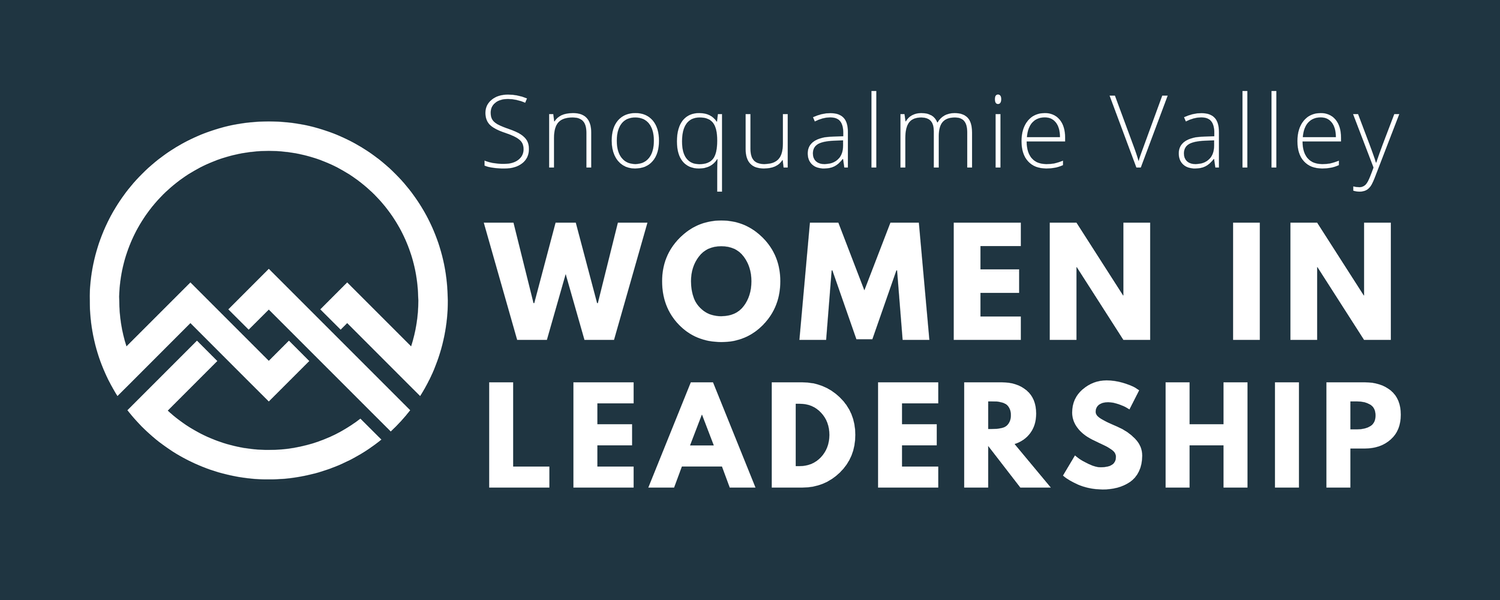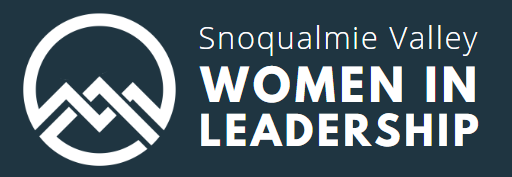Networking My Way to a Dream Job
The fact that my father’s home church in Philadelphia needed a new elevator might be the reason why I have the career in microfinance I always wanted. Today, I have a job I love, a supportive team of women colleagues, and the flexibility to balance my career and family life. This wouldn't have been possible without the power of networking.
Networking means actively seeking out people in your desired field, sharing your goals with everyone you meet, showing genuine interest in others, and helping those you meet along the way. While networking comes naturally to me as an extrovert, when I wanted to shift my career into microfinance, it took me three years including a period of three months where I networked for 20 hours a week. It was emotionally exhausting, but essential for reaching my goal.
I want to share that story with you as well as some of the things I learned along the way. Let me take you back to the beginning.
After finishing the Peace Corps in 2002, I knew I wanted to work in microfinance. In my mind, microfinance was a type of international development that required visceral understanding of what life was like in the developing world. That understanding was essential to design products to help the clients improve their standard of living.
However, I struggled to find a job in microfinance or international development. The general reaction was, “You studied Environmental Science and Environmental Management. You’re a scientist. Why do you want to work in finance?”
I started with Plan A.
Plan A: Sending Resumes into Cyberspace
I thought my qualifications were enough to land me the job I wanted. Boy was I wrong! I spent a year and a half sending out resumes and cover letters to all the companies in Washington D.C. that I wanted to work for - to no avail. It was disappointing to realize that good grades, elite universities, international experience, being bilingual, and a Master’s degree didn’t make it easy to get a job. However, I was raised by a father who grew up during the Great Depression and a mother born to Italian immigrants. I’m stubborn and not afraid of hard work, so I went on to Plan B.
Plan B: Networking
In order to get the job I wanted, I decided that I needed to meet the right people. I joined Women Advancing Microfinance (WAM) and every other month I drove three hours to D.C. for WAM happy hours. I’d leave at 2pm, drive three hours, spend two hours networking with women in microfinance in D.C. and then drive three hours home.
It was here I started to find some traction for my career transition. I met passionate young women and made lifelong friends. I learned about a fellowship that could boost my field experience and resume. I applied but I didn’t land a spot, because my resume didn’t stand out amongst all the other applicants. After a year of attending WAM events, I met the young woman who read the fellowship applications. Lo and behold, when I applied again the next year, I got a spot! My qualifications were exactly the same as the year before, but this time I wasn’t just a piece of paper, I was a person she knew and believed could do a good job.
Plan C: Unpaid Leave of Absence and My First Consulting Project
During all this, I was working at an environmental consulting company to pay the bills. I took five weeks of unpaid leave for the fellowship that allowed me to lead a poverty assessment at a microfinance institution in Guatemala. I adore the organization that we evaluated and now serve on their social performance committee.
A few months later, someone from my fellowship team reached out with a consulting opportunity and I landed my very first independent consulting project in microfinance. For three months, I worked 40 hours a week at the environmental consulting company and 20 hours a week on my side project. It was intense but it was worth it to continue gaining skills I knew would pay off later!
Plan D: Pounding the Pavement i.e. intensive networking
While I had made some good inroads for my career transition, I still needed a job. I realized I needed to live in D.C. to get a job there. So, I quit the consulting company, sent my dog to live with my parents, moved to D.C., and stayed on my cousin’s couch for three months. I interned part-time and spent the rest of my time networking. I went to coffee and lunch and dinner and drinks – sometimes twice a day for days on end. It was expensive and exhausting but I was determined to pound the pavement until something popped!
Something did pop, but in an unexpected way. My father grew up in Philadelphia. His hometown church hired a new pastor who learned that the longest living church member actually lived in Houston, so he flew down to pay my father a visit. My mother has always been the consummate hostess and facilitator of her children’s opportunities, so over chicken salad and discussions about whether my father could contribute to the church’s new elevator, my mother mentioned that she had a daughter living in Washington D.C. who was looking for a job in microfinance.
Turns out the pastor's wife’s best friend worked in microfinance in D.C. They put us in touch and she agreed to meet me.
My conversation with that leader in microfinance changed my life. I didn’t ask for a job; I asked for advice. She asked, “What do you want your career to accomplish?” I explained that I wanted to be a bridge between the poor clients and the international community working to help them. Many people who work in international development don’t actually know the people who are living in a dirt floored house raising seven kids on $20 a week. How could they possibly know what that person needs? I sat in those dirt-floored living rooms once a week for two years during Peace Corps. I knew what “client-centered microfinance” looked like.
Impressed by my answer, she mentioned a colleague who was hiring for a position that fit me perfectly. It was a job I’d applied for four months prior. She told her colleague to get HR to find my resume and give me a call. Sure enough, the next week I had an interview at ACCION’s Center for Financial Inclusion, and a month later I had landed my dream job.
This three-year journey was full of ups and down, but I learned four essential things along the way to help pull off a career change:
Know what you want
I had a clear narrative about what I wanted and why I wanted it. That narrative showed people I was confident, experienced, and focused. It helped open the door to get my dream job!Be where the people are
I found organizations and groups of people involved in the microfinance industry. I spent time getting to know them and it opened doors I never imagined.Tell everyone
You never know what connections might arise as you share your career change goals. A pastor’s commitment to knowing every member of his flock helped me land my dream job because my mom knew what I wanted and that I needed new connections to get there.Never give up
Networking can be exhausting. Let your determination get you through. It took me three years to pull off a career change and I faced a lot of questions along the way: Did I need a different degree? More field experience? Would this ever work? But the commitment to the process bore fruit in the end.
I have enjoyed every day of the last 12 years working as an independent consultant in microfinance while raising four children. With my youngest in kindergarten, I am now looking to make a shift from consulting to working full time. I’m re-opening my career transition playbook, tapping into my determination, and getting ready to go networking. If you know anyone who could help open a door at the Gates Foundation, please let me know! And if any of you want a cheerleader or a sounding board during your career transition, hit me up!

